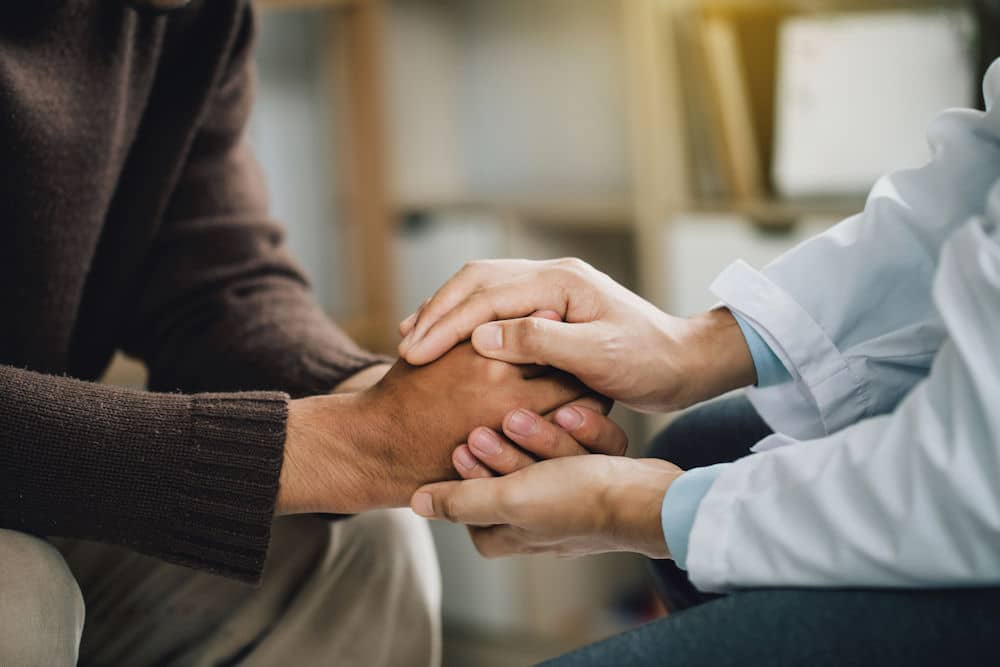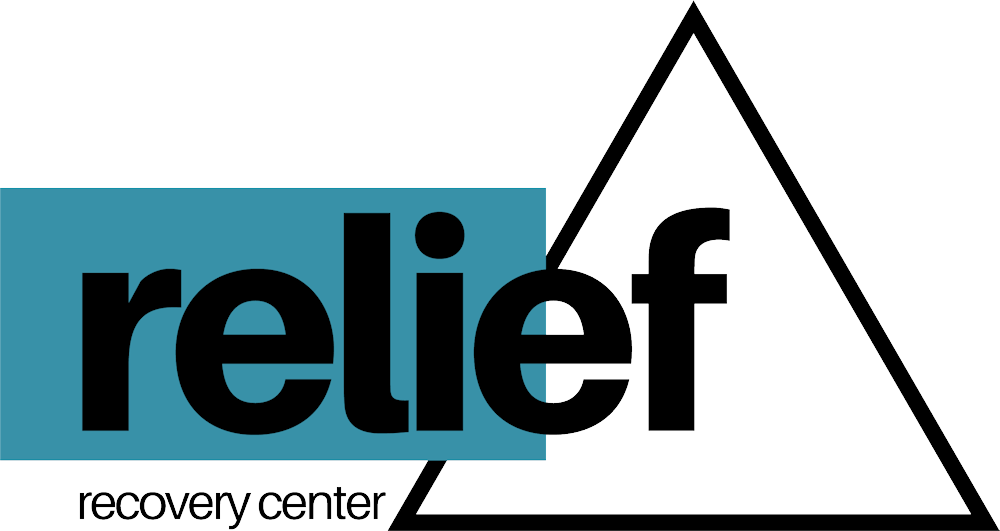Heal Your Mind and Body: Overcoming Co-Occurring Disorders at Relief
Co-Occurring Disorders: How Mental Health Issues and Addiction Can Feed Into Each Other
» Treatment »
It’s not uncommon for individuals struggling with mental health issues to also struggle with addiction. This is known as co-occurring disorders or dual diagnosis. These conditions often occur together because they can feed into each other.
Co-occurring disorders can make it challenging for individuals to recover, but with proper treatment, long-term recovery is possible.
What is a Co-Occurring Disorder?
Co-occurring disorders, also known as dual diagnosis or co-morbidity, refer to the presence of both substance abuse disorder and another mental health condition. Research indicates that more than half of individuals with addiction issues also have at least one additional mental health disorder, such as anxiety or depression. Similarly, people with a primary mental health diagnosis are more likely to also struggle with substance use disorders.
Diagnosing a co-occurring disorder involves a comprehensive assessment of an individual’s physical, psychological, and social health. Mental health professionals may use a variety of tools and techniques, including interviews, questionnaires, and clinical observation, to determine the presence of both conditions. By finding the root cause of an individual’s struggles, clinicians can develop a personalized treatment plan that addresses both the addiction and mental health disorders, increasing the likelihood of successful recovery from both.
At Relief Recovery Center, we offer integrated treatment programs that address both addiction and co-occurring disorders to help individuals find the support they need to overcome their struggles and reconnect with life.
Quick Facts About Co-Occurring Disorders
- Approximately 7.9 million adults in the United States have co-occurring disorders.
- Among individuals with a substance use disorder, about 50% also have a mental health disorder.
- Among individuals with a mental health disorder, about 30% also have a substance use disorder.
- Co-occurring disorders are more prevalent in certain populations, such as veterans, individuals experiencing homelessness, and those involved with the criminal justice system.
- Co-occurring disorders often go undiagnosed and untreated, with only a small percentage of individuals receiving treatment for both conditions simultaneously.
Relief Recovery Center provides personalized addiction treatment services in Cape Cod, MA to help individuals on the path to recovery.
What are Common Co-Occurring Disorders
Anxiety
Anxiety disorders, such as generalized anxiety disorder and panic disorder, are often linked to addiction as people turn to drugs or alcohol as a way to self-medicate and alleviate their symptoms. However, substance abuse can exacerbate anxiety symptoms and create a vicious cycle of addiction and mental health issues.
Depression
Depression is a common co-occurring disorder with addiction, as people may use drugs or alcohol as a way to cope with their feelings of sadness and hopelessness. However, substance abuse can also worsen symptoms of depression and make it difficult for individuals to recover.
PTSD (Post-Traumatic Stress Disorder)
Many people with PTSD turn to drugs or alcohol as a way to numb their symptoms or cope with their trauma. However, substance abuse can worsen symptoms of PTSD and make it difficult for individuals to recover.
Bipolar Disorder
Bipolar disorder is characterized by extreme mood swings, and people with this disorder may turn to drugs or alcohol to cope with their symptoms. However, substance abuse can trigger or worsen manic or depressive episodes and interfere with the effectiveness of medication used to treat bipolar disorder.
Eating Disorders
Schizophrenia
Schizophrenia is a serious mental health disorder that affects a person’s ability to think, feel, and behave clearly. People with schizophrenia may use drugs or alcohol to self-medicate and alleviate their symptoms. However, substance abuse can worsen symptoms of schizophrenia and interfere with the effectiveness of medication used to treat the disorder.
Signs and Symptoms of Co-Occurring Disorders
It’s important to understand the signs and symptoms of co-occurring disorders in order to get the proper treatment.
Signs of a mental health disorder can include changes in mood, difficulty sleeping, and trouble concentrating. Signs of a substance use disorder can include increased tolerance, withdrawal symptoms, and social withdrawal.
If you or a loved one is struggling with addiction, it’s crucial to recognize the signs and symptoms of co-occurring disorders. Unfortunately, diagnosing these conditions can be difficult as they often present similar symptoms. However, our expert clinical staff is trained to provide the necessary care and evidence-based assessments to determine the root of the problem.
Get the Help You Need
Through a period of sobriety, combined with our integrated approach to treatment, we can provide the appropriate support needed to overcome addiction and co-occurring mental health disorders.
Relief Recovery Center provides personalized addiction treatment services in Cape Cod, MA to help individuals on the path to recovery.
Treatment for Co-Occurring Disorders
Effective treatment for co-occurring disorders typically involves a combination of therapies tailored to address both the addiction and the mental health disorder. Treatment may include medication-assisted therapy, cognitive-behavioral therapy, trauma-informed therapy, and family therapy. The goal is to develop a comprehensive and individualized treatment plan that supports long-term recovery. At our treatment center, we offer evidence-based practices and a compassionate, supportive environment to help individuals with co-occurring disorders achieve their recovery goals. Our team of mental health professionals and addiction specialists work together to provide integrated care that addresses both the addiction and the underlying mental health disorder.

Detox

Day Treatment Program

Intensive Outpatient Program (IOP)

Outpatient Program (OP)

